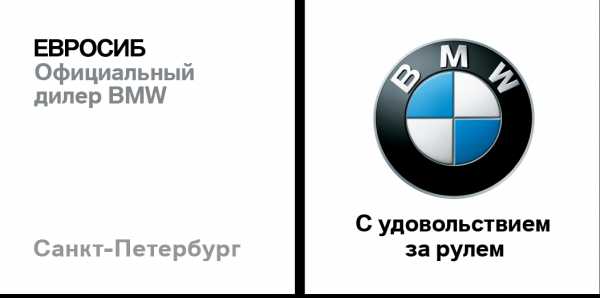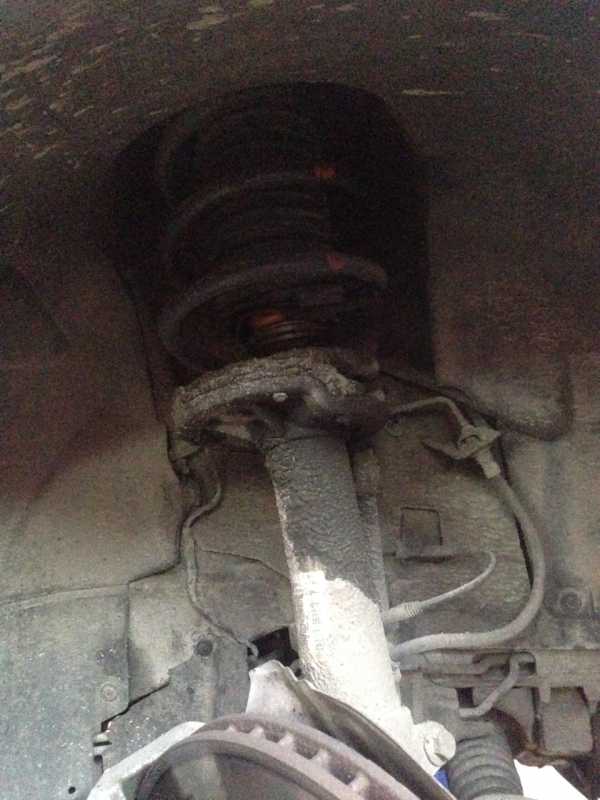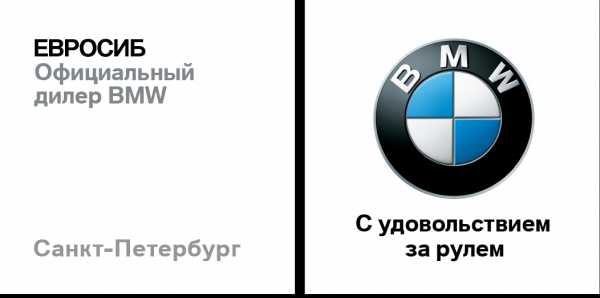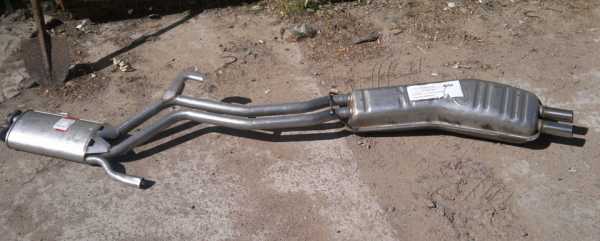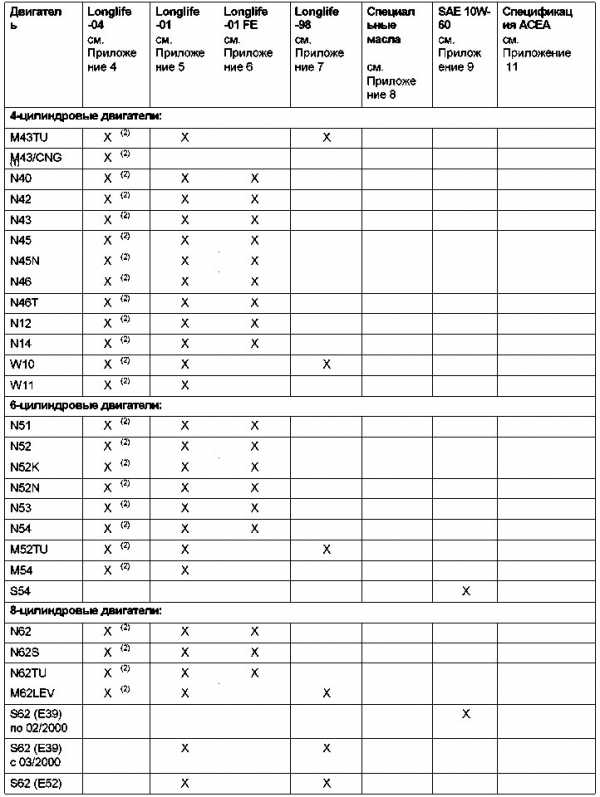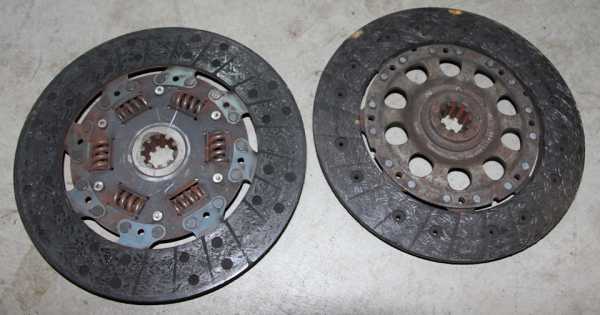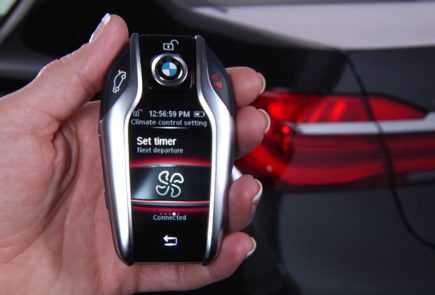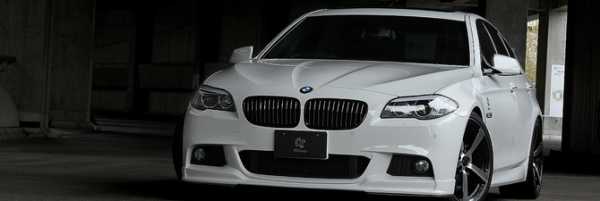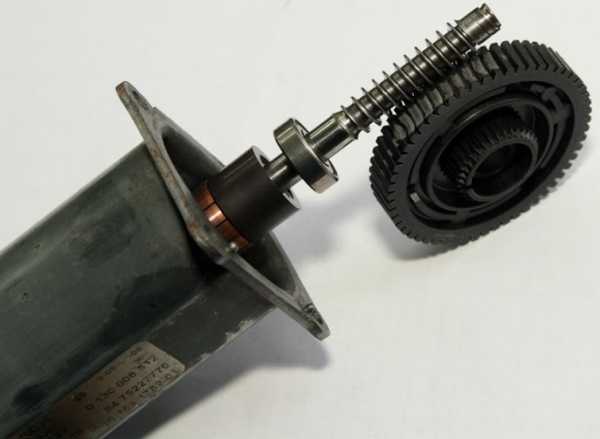Бмв групп россия
Актуальные сервисные предложения BMW
Актуальные предложения / Актуальные сервисные предложения BMW
ВЫБИРАЙТЕ НОВОГОДНИЕ ПОДАРКИ ИЗ КОЛЛЕКЦИИ АКСЕССУАРОВ BMW LIFESTYLE.
СПЕЦИАЛЬНЫЕ ЦЕНЫ НА ЗАМЕНУ МАСЛА ДЛЯ АВТОМОБИЛЕЙ BMW СТАРШЕ 5 ЛЕТ.
СПЕЦИАЛЬНОЕ ЦЕНОВОЕ ПРЕДЛОЖЕНИЕ ДО 31 ДЕКАБРЯ 2017.
УСТАНОВКА ВЫХЛОПНОЙ СИСТЕМЫ BMW M PERFORMANCE В ПОДАРОК*.
КОМПЛЕКТЫ ЗИМНИХ КОЛЕС В СБОРЕ ОТ 59 900 ₽.
СПЕЦИАЛЬНЫЕ УСЛОВИЯ С СИСТЕМОЙ ОРИГИНАЛЬНОГО РЕМОНТНОГО ОКРАШИВАНИЯ BMW COLORSYSTEM.
УНИКАЛЬНЫЕ ЦЕНЫ НА КОМПЛЕКТЫ УВЕЛИЧЕНИЯ МОЩНОСТИ, ВЫХЛОПНЫЕ И ТОРМОЗНЫЕ СИСТЕМЫ BMW M PERFORMANCE ДЛЯ ВСЕХ АВТОМОБИЛЕЙ BMW В КУЗОВЕ F И G.
В СПОРТЕ НЕ БЫВАЕТ КОМПРОМИССОВ И МЕЛОЧЕЙ.
ОРИГИНАЛЬНАЯ АУДИОСИСТЕМА ALPINE КЛАССА HI-FI ДЛЯ BMW 3 СЕРИИ И BMW 4 СЕРИИ.
www.bmw.ru
Обзор
BMW Premium Selection / Обзор
Ощутите настоящее удовольствие от вождения автомобилей с пробегом BMW Premium Selection, которые имеют целый ряд преимуществ. Автомобиль BMW с пробегом получает сертификат Premium Selection только после прохождения комплексной визуальной и технической проверки, гарантирующей качество премиум-класса и абсолютную надежность. В отношении каждого автомобиля BMW Premium Selection действует гарантия или постгарантийная сервисная поддержка сроком не менее 12 месяцев. Если Вы ищете автомобиль с пробегом, который никогда не подведет, считаете, что нашли его.
НАСТОЯЩИЕ ЭМОЦИИ ВСЕГДА В ЦЕНЕ.BMW PREMIUM SELECTION — СЕРТИФИЦИРОВАННЫЕ АВТОМОБИЛИ BMW С ПРОБЕГОМ.
Ощутите настоящее удовольствие от вождения автомобилей с пробегом BMW Premium Selection, которые имеют целый ряд преимуществ. Автомобиль BMW с пробегом получает сертификат Premium Selection только после прохождения комплексной визуальной и технической проверки, гарантирующей качество премиум-класса и абсолютную надежность. В отношении каждого автомобиля BMW Premium Selection действует гарантия или постгарантийная сервисная поддержка сроком не менее 12 месяцев. Если Вы ищете автомобиль с пробегом, который никогда не подведет, считаете, что нашли его.
www.bmw.ru
Flexible. Efficient. Innovative.
Please note:Show an overview of the topics on this page for selection.
Do not showShow an overview of the topics on this page for selection.
Page Overview: BMW Group - Company - Production
We use ergonomic solutions and innovative technologies to minimise the strain on our staff. |
The BMW Group uses a one-of-a-kind environmental management system to organise production as sustainably as possible. |
The thermoplastic outer skin of the BMW i3 is 50% lighter than sheet steel and also resistant to minor damage. |
Innovative automation and state-of-the-art assistance systems offer great potential for workstations. As a result, it will be possible to further reduce ergonomically unfavourable and strenuous tasks, giving workers an opportunity to apply their unique cognitive skills to the best effect.
The BMW Group is the first automobile manufacturer worldwide to use lightweight carbon in large-series production. The benefits of carbon are clear, especially for electro-mobility, where it fully offsets the additional weight of the battery.
Carbon fibre is almost exclusively made of pure carbon with a stable graphite structure? With a diameter of just seven micrometres (0.007 millimetres), it is much thinner than a human hair, which measures around 50 micrometers.
In December 2013, the BMW Group hosted the groundbreaking ceremony for a new plant in Araquari (State of Santa Catarina) in Southern Brazil. The new plant in Brazil that went on stream in October 2014 is a crucial element in the BMW Group’s international production network, contributing significantly to the BMW Group’s profitable and globally balanced growth. The production infrastructure comprises the technologies body shop, paint shop and assembly. At present, the product range of the Brazilian plant comprises the MINI Countryman, diverse models of BMW 1 Series, BMW 3 Series and BMW X models. In 1995, the company founded its National Sales Organization, followed in 1999 by the setup of a Financial Sales Company for Brazil.
The plant in Berlin has one of the longest histories of all the BMW Group’s production sites. Just like at the parent plant in Munich, BMW’s Berlin site began with aircraft engine production in 1939; motorcycle parts were added to the portfolio in 1949. Twenty years later, in 1969, the entire motorcycle production was moved from Munich to Berlin. Today, the plant in Berlin produces up to 800 motorcycles a day of the currently 25 different model series, as well as maxi-scooters. Since 1979, the team of about 2,000 employees has also made components for BMW’s automotive production, such as brake disks for various BMW car models. In 2016, more than 140,000 motorcycles were produced, including around 9,000 kits for BMW Group motorcycle assembly plants in Thailand and Brazil. During peak season, a new motorcycle rolls off the production lines about every 65 seconds. About 80 percent of all BMW motorcycles and maxi-scooters made in Berlin are exported to more than 130 countries. This is why BMW Motorrad is expanding its network of international production sites. Within the established international network with assembly sites in Brazil and Thailand as well as contract production in India, Berlin serves as the lead plant and the strong backbone of BMW’s global motorcycle production.
The BMW Group’s assembly plant in Chennai, India, was set up in 2007. Located in the region of Mahindra World City, about 40 Kilometer northwest of Chennai in Southwestern India, the site comprises about 13,000 square meters. State-of-the-art systems engineering, more than 600 highly qualified employees and sophisticated manufacturing processes: these are the prerequisites for the production of premium cars in keeping with supreme quality standards. At present, the product range of the Indian plant comprises the MINI Countryman, diverse models of BMW 1 Series, BMW 3 Series, BMW 5 Series, BMW 7 Series and BMW X models for the local market.
BMW Plant Dingolfing is one of the BMW Group’s largest production sites worldwide. Every day, approx. 1,500 vehicles of the BMW 3, 4, 5, 6 and 7 Series roll off the assembly line at the Automotive Plant 2.4. At present, the plant employs a permanent staff of around 17,500 and 800 apprentices. Besides automotive core production, the site also makes vehicle components such as pressed parts and seats, as well as chassis and drivetrain components. Due to the body shop’s outstanding expertise in processing aluminum and the many years of experience in building alternative drives, BMW Plant Dingolfing also supplies Plant Leipzig with key components for the new BMW i models, such as high-voltage batteries, e-transmissions and the Drive structure. The plant also makes all bodies-in-white for Rolls-Royce. The site’s Dynamic Centre, a large-scale storage unit and trans-shipment point, provides original BMW parts and equipment to the global BMW and MINI dealership organisation.
In 1990, the BMW Group decided to establish a factory for large press tools in a place with a rich production history, Eisenach. In operation since 1992, the plant now employs close to 250 people. At the Eisenach site, the BMW Group produces tools for the production of medium-sized and large sheet steel body parts, such as front lids, doors, fenders and roofs. The site’s range also includes mechanisations, flanging tools, engineering services, design models, the production of prototyping tools and parts as well as small series pressing. On top of that, the team in Eisenach manufactures body shell parts from sheet steel, aluminum and high-grade steel for the Rolls-Royce Manufacturing Plant in Goodwood/UK, as well as parts for BMW’s motorcycle production in Berlin. Innovative issues, such as aluminum stretch forming, hydro-mechanical forming and volume-optimised tools round out the range of tasks. The plant in Eisenach benefits from a consistent process chain, ranging from design consulting to the finished tool. Accordingly, the production site strategically applies all possibilities offered by high-tech, from stretch simulation to high-speed cutting (HSC treatment).
BMW Plant Hams Hall is located in the UK, near to Birmingham City Centre. First opened in 2001, the plant employs around 1,000 people, producing the latest generation of three and four cylinder petrol engines, as well as machining key engine components in our advanced, high-tech machining hall. Investment in recent years has ensured the site remains state-of-the-art enabling the plant to grow and play an increasing role in BMW Group’s global production network.
The plant has built over four million engines that power vehicles across the BMW Group product range - for BMW and MINI, a growing number of hybrid vehicles and including the BMW i8 plug-in hybrid sports car.
At BMW Group Plant Landshut, about 4,100 employees produce engine and chassis components made of cast light metal, plastic components for the vehicle exterior, carbon body components, cockpit parts and equipment, electric drive systems, spare and replacement engines and drive shafts. These components are delivered to all automobile and engine plants of the BMW Group worldwide. The components manufactured at BMW Plant Landshut are used in virtually all BMW Group vehicles: from MINI to BMW to Rolls-Royce.
As a competence center for future technologies like lightweight construction and electro-mobility, the plant is involved in the early stages of new vehicle development. The center of competence in Lower Bavaria also produces essential components for the innovative BMW i models and the new BMW 7 Series. In addition, the new BMW Group Lightweight Design and Engineering Center is based in Landshut. Here, specialists from different fields work in collaboration and do research on innovative high tech materials as well as bespoke intelligent composite construction and production methods for the automobiles of the future.
Currently about 120 young people are undergoing training in seven different technical professions at the plant’s business and information centre. As an important partner within the region, BMW Group Plant Landshut exercises its social responsibility and supports various non-profit organisations and events.
The BMW Group’s Leipzig plant is one of the world’s most modern and sustainable car factories, setting new standards with its architecture: the body shop, paint shop and assembly are grouped under one roof, arranged like the points of a star around the central building designed by Zaha Hadid, which has won a host of architectural awards. Another special feature is the floor plan of the assembly hall: thanks to its finger or comb structure, supplier parts can be fed to the assembly line directly from the outside just- in-sequence. Since March 2005, Leipzig has built BMW cars for customers all over the world with a current production capacity of almost 1,400 cars daily. In Leipzig, the BMW Group not only produces conventional vehicles, but also vehicles with an electric drive and lightweight carbon-fibre body. The plant’s product range comprises the BMW 1 Series 5-door, BMW 2 Series Coupé, BMW 2 Series Convertible, BMW 2 Series Active Tourer, BMW M2 Coupé, BMW i3 and BMW i8. With BMW i production, the site has taken sustainability to the next level: the specific water consumption has been reduced by 70 percent, energy consumption by 50 percent.
The site in Moses Lake in Washington State, USA, produces carbon fiber; it is operated by SGL Automotive Carbon Fibers (ACF), a joint venture of the BMW Group and SGL Group. At present, the Moses Lake plant operates two production lines, exclusively for BMW i, with an annual output of approx. 3,000 tons of carbon fiber. In summer 2014, SGL Automotive Carbon Fibers in Moses Lake commissioned a third and fourth production line, doubling the plant’s capacity to 6,000 tons a year. The planning for two additional production lines is currently underway; these facilities will triple the carbon fiber plant’s capacity to 9,000 tons annually in the medium term. The energy needed for the carbon fiber production is fully generated from environmentally friendly hydropower. The expansion will be funded by an investment of 200 million US dollars, in addition to the previously invested 100 million US dollars. The site expansion, scheduled to be completed by early 2015, will make the plant in Moses Lake the world’s largest carbon fiber factory. With the anticipated creation of 120 new jobs, the headcount at the joint venture in Moses Lake is going to rise from currently 80 to about 200 people. The expansion of the site in Moses Lake will make it possible for the BMW Group to apply carbon fiber material also in other model series in the future, at competitive costs and in large quantities.
Established in 1922, the plant in Munich is the BMW Group’s parent plant. Initially, the site produced BMW aircraft engines and motorcycles; automotive production started in 1952. Since then, more than 10 million cars have rolled off the assembly lines. Today, the plant combines supreme engineering and innovative strength with the passion of around 8,000 employees from over 50 nations for the BMW brand and the company. It is situated in the north of Munich, directly next to the Group’s headquarters, the BMW Museum, BMW Welt and the FIZ Research and Innovation Centre. At present, around 1.000 cars roll off the assembly lines every workday, including units of the BMW 3 Series Sedan, the BMW 3 Series Touring, the BMW 3 Series Plug-in-Hybrid, the BMW 4 Series Coupé and the BMW M4 Coupé.
Besides automotive core production, engine production has long been a core competence of the Munich site; more than 2,000 engines are produced per workday. The engine range comprises BMW 3-, 4-, 8- and 12-cylinder petrol engines, BMW 6-cylinder diesel engines, as well as 8-cylinder high-performance engines for the BMW M models.
Oxford is the heart of the British production triangle that also includes the plants in Swindon and Hams Hall. Plant Oxford currently produces the MINI 3-door and 5-door Hatch, the MINI Clubman and the MINI John Cooper Works. In 2019 a fully electric MINI based on the 3-Door Hatch will join the MINI line up at Plant Oxford. The success of the MINI brand is clearly reflected in the positive development of the Oxford site since 2001: Back then, the approx. 2,400 workers produced about 300 MINIs a day in one-shift operations. Today, the plant employs around 4,000 people who make up to 1,000 MINI vehicles a day in three-shift operations. All in all, over three million MINI cars have rolled off the assembly line so far. Since 2000, the BMW Group has invested a total of 1.75 billion pounds in its British sites. Between 2012 and 2015 alone, the BMW Group has invested 750 million pounds in the British production sites in Oxford, Swindon and Hams Hall.
The Rayong-based assembly plant of BMW Group Manufacturing Thailand opened in 2000. Spanning about 75,000 square meters, the plant is located on Thailand’s eastern coast, in the Amata City Industrial Park (Rayong Province), about 115 kilometers from Bangkok. At the assembly plant in Rayong, approx. 400 workers make a wide range of models – the MINI Countryman, diverse models of BMW 1 Series, BMW 3 Series, BMW 5 Series, BMW 7 Series and BMW X models. In addition, the plant produces BMW motorcycle models, making Rayong the only plant in the global production network that produces products of the brands BMW, MINI and BMW Motorrad.
In the 1980s, with the success of the BMW 3 Series, the BMW Group’s production capacities had to be expanded. This resulted in the decision to establish a site in Regensburg that started production in 1986. Today, the BMW Group’s Regensburg plant employs around 9,000 people who build approx. 1,400 BMW cars per workday. Since the plant went on-stream, more than 6 million vehicles rolled off the assembly line; the product portfolio includes the BMW 1 Series 3-door and 5-door models, the BMW 2 Series Grand Tourer, the BMW 3 Series Sedan, the BMW M3 Sedan, the BMW 4 Series Convertible, the BMW M4 Convertible and the BMW X1.
Plant Rosslyn near Pretoria was the first site outside of Germany for today’s BMW Group. It opened in 1973 and produced all BMW model series for the local market up until 1996. Following the opening of South African production for export markets, the site was successively extended into a full plant for the production of the BMW 3 Series Sedan until 1997. Today, more than 3,200 people in Rosslyn make BMW 3 Series Sedans for both the local market and export markets.
On June 16th 2016 the groundbreaking for the new BMW Group plant in city of San Luis Potosí, Mexico, took place. Guests attending the official ceremony in San Luis Potosí included Rogelio Garza Garza, Undersecretary of Industry and Commerce at the Mexican Ministry of Economics; Dr. Juan Manuel Carreras López, Governor of the state of San Luis Potosí; Oliver Zipse, member of the Board of Management of BMW AG, responsible for Production and Milagros Caiña-Andree, member of the Board of Management of BMW AG, responsible for Human Resources and Labour Relations. Start of production is scheduled for 2019, with an annual production capacity of up to 150,000 units. The BMW Group is investing around a billion US dollars in the new plant and creating at least 1,500 new jobs. The decision to locate in San Luis Potosí was based on criteria such as the broad supplier network and qualified local workforce, as well as the technical and social infrastructure. 25 young mechatronics engineers began their training in September 2015. This year will see the launch in cooperation with local technical colleges of similar programmes for production mechanics and automotive mechatronics experts. Mexico has a work-linked training concept based on the German model.
BMW Group Plant Spartanburg in South Carolina, USA, is the best example of the successful strategy of “production follows the market”. The plant has produced more than 3.9 million vehicles for BMW customers worldwide, since going online on 8 September 1994. At present, Spartanburg produces the following models: BMW X3, X4, X5, X5 M, X6, X6 M and the plug-in hybrid X5 xDrive40e – a total of around 1,400 vehicles per day.
Established in 1979, the production site in Upper Austria is the BMW Group’s largest engine plant. It is also the group-wide development centre for BMW diesel engines. At the Steyr site, three, four and six-cylinder diesel engines and three and six-cylinder petrol engines, including high-performance engines for the BMW M models, roll off the assembly lines. Every workday, about 2,800 employees produce up to 5,000 engines. The BMW Group’s total investment at the engine production site in Steyr currently stands at close to 5.5 billion euros.
Swindon Pressings Limited was founded in 1955 by Pressed Steel Company. In 2000, the BMW Group acquired the company as a full subsidiary. Located about 90 minutes west of London, the press shop is equipped with highly complex press lines and pre-assembly facilities. In Swindon, about 800 employees manufacture high-quality pressed parts and complex body components such as doors and lids.
BMW cars have been rolling off the assembly line at the Shenyang site in Northeast China since 2004. Plant Shenyang is operated by a joint venture with Brilliance China Automotive Holdings Limited and solely produces vehicles for the Chinese market. The production site in Shenyang comprises the Dadong plant in Northeast Shenyang, which makes the BMW 5 Series long-wheelbase version, and the Tiexi plant in West Shenyang in the Chinese province of Liaoning, which went on-stream in 2012 and produces the BMW X1, BMW 3 Series long-wheelbase version, BMW 3 Series Sedan and ZINORO cars. Another part of the Shenyang production site is a stand-alone engine plant that supplies both vehicle plants, Dadong and Tiexi, with the powertrains for the BMW vehicles made there.
The joint venture BMW Brilliance Automotive has invested a total of one billion euros in building the Tiexi plant and in expanding Dadong.
In 1990, the BMW Group began producing car bodies for the BMW 3 Series Convertible in Wackersdorf. Today, the site in Wackersdorf is home to BMW cockpit production, BMW foreign plants supply and additional suppliers. Every day, BMW cockpit production makes up to 4,000 dashboards for the BMW 1, 2, 3 and 4 Series. The Wackersdorf Supply Center is a major logistics hub for the BMW Group. From here, more than 2.5 million parts are sent to partners in the production network every day, providing the BMW Group’s foreign plants and further assembly partners on four continents with vehicle parts. The supplier companies manufacture components for the BMW Group’s plant in Regensburg as well as for the BMW Group’s production network. Moreover, the joint venture SGL Automotive Carbon Fibers (ACF) in Wackersdorf makes carbon fiber laminates for the BMW i models. All in all, about 3,000 people work for a variety of companies at the Wackersdorf Innovation Park, including more than 700 BMW Group employees.
At the Rolls-Royce Manufacturing Plant in Goodwood, close to 1,200 highly skilled experts make Rolls-Royce vehicles according to customer specifications. Production comprises the Rolls-Royce models Phantom, Phantom Drophead Coupé, Phantom Coupé, Ghost, Wraith and Dawn. The longstanding tradition of hand-making automobiles is complemented by state-of-the-art precision tools and technologies, ensuring an unparalleled level of quality.
Access to new markets with long-term growth potential.
Besides making vehicles, the local production units are responsible for tapping into and/or expanding new markets: Local production sites facilitate access to new markets with long-term growth potential. This is the strategy the BMW Group primarily pursues in markets where high customs duties impede the import of finished vehicles, and thus further market penetration. Local partner plants allow the BMW Group to offer products at competitive prices in these markets as well, making the company a “local player”. Currently, five partner plants put together cars and motorcycles from imported parts kits and add locally produced components. The BMW Group’s foreign partner sites include Kaliningrad (Russia), Cairo (Egypt), Jakarta (Indonesia), Kulim (Malaysia) and a motorcycle partner plant in Manaus (Brazil).
External production partners relieve the load on internal structures.
In order to launch certain products even faster and to gain a competitive edge, the BMW Group draws on additional capacities at external production partners, such as Magna Steyr Fahrzeugtechnik in Graz, Austria, for the series production of the current MINI Countryman and MINI Paceman models or production of the MINI Hatch at VDL Nedcar in Born, The Netherlands, since July 2014. These collaborations take some of the workload off the Group’s structures, create leeway and provide valuable competitive advantages. In line with the corporate philosophy, brand-defining expertise, control and assessment authority in design, engine production, testing, purchasing, and service remains with the BMW Group.
www.bmwgroup.com
